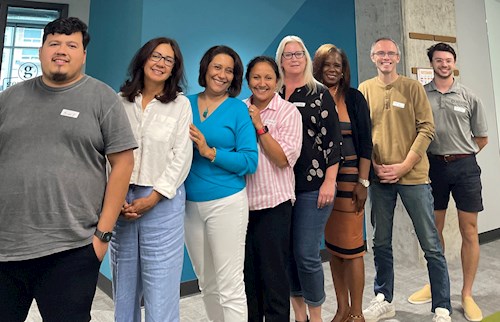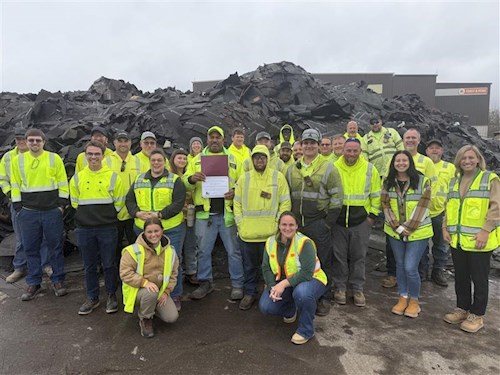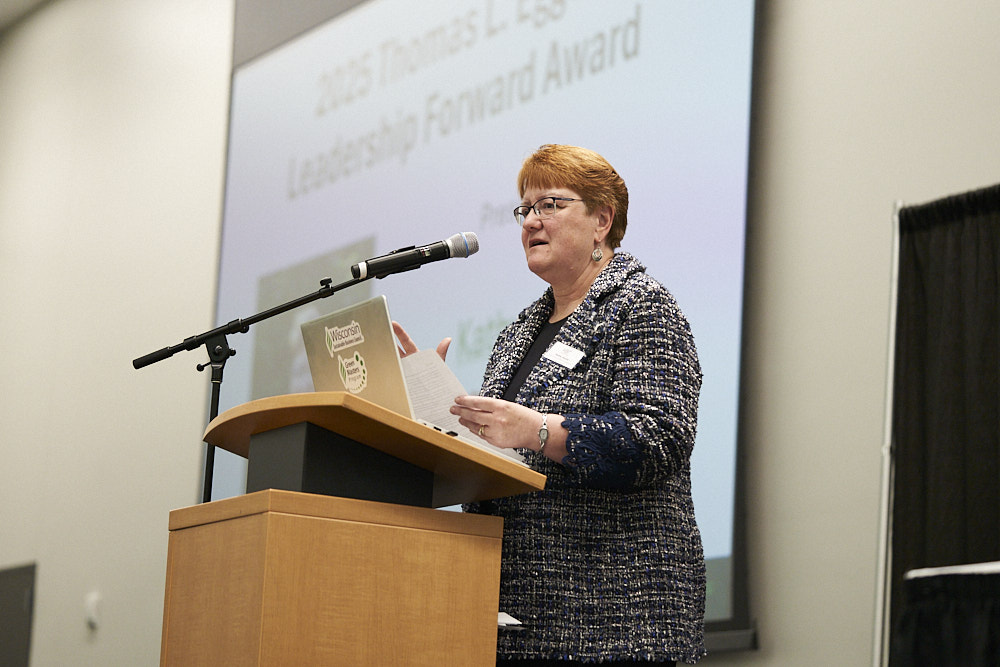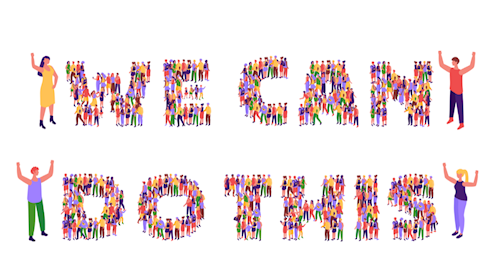

Since June of 2024, Home Energy Guides (HEG) has partnered with community-based organizations (CBOs) to deliver historic clean energy federal funding in the hands of disadvantaged Dane County residents. In the past 18 months, I oversaw the administration of over $267,000 to eight CBOs with one goal: increase participation in residential energy efficiency and electrification programs.

A little over a year ago, in the early days of the second Trump administration, I authored a blog about the challenges ahead of us. I encouraged everyone to focus on the work rather than the noise from the White House.

When most people think about recycling, they picture what goes into the blue bin at home - paper, cardboard, plastics, metal cans. But at the Dane County Landfill, recycling showed up in a very different way in 2025: as mountains of asphalt shingles.

The Office of Energy & Climate Change is big on recognition, evidenced by the more than 200 local entities we’ve named as Dane County Climate Champions in the last five years. Still, it was a little disconcerting to have the tables turned on me recently when two separate entities recognized my work on sustainability and climate action.
The OECC team has received a fair number of questions lately about data centers. In particular, people ask us about energy and water use at these facilities. So here is some background on these facilities.

In case you haven’t heard, the solar electric industry has transformed in our lifetime. In just fifteen years the price of photovoltaic panels has dropped 90% in the U.S.

The Youth Climate Conference (YCC) is the largest event of its kind in Dane County, inspiring students like high school seniors Nina Zhu and Madeleine Bohn to take action.
.jpg)
On a clear, summer morning outside the Sun Prairie Food Pantry, the humidity hangs heavy. The outer walls soak in the sun, and a line of clients lean against the warm bricks waiting for the pantry to open, sometimes up to an hour or more ahead of time.

Like many, I was pleasantly surprised when Congress passed the Inflation Reduction Act (IRA) in 2022, launching unprecedented federal support for climate action. Before that bill in 2022 there had been decades of inaction at the federal level so, honestly, I did not expect much.

On April 9, 2025, Madison West High School welcomed around 200 community experts and presenters into its classrooms for the school’s second annual Equity Symposium. As a junior at West, I was eager to see how the symposium would evolve from the previous year, as well as what would be offered.